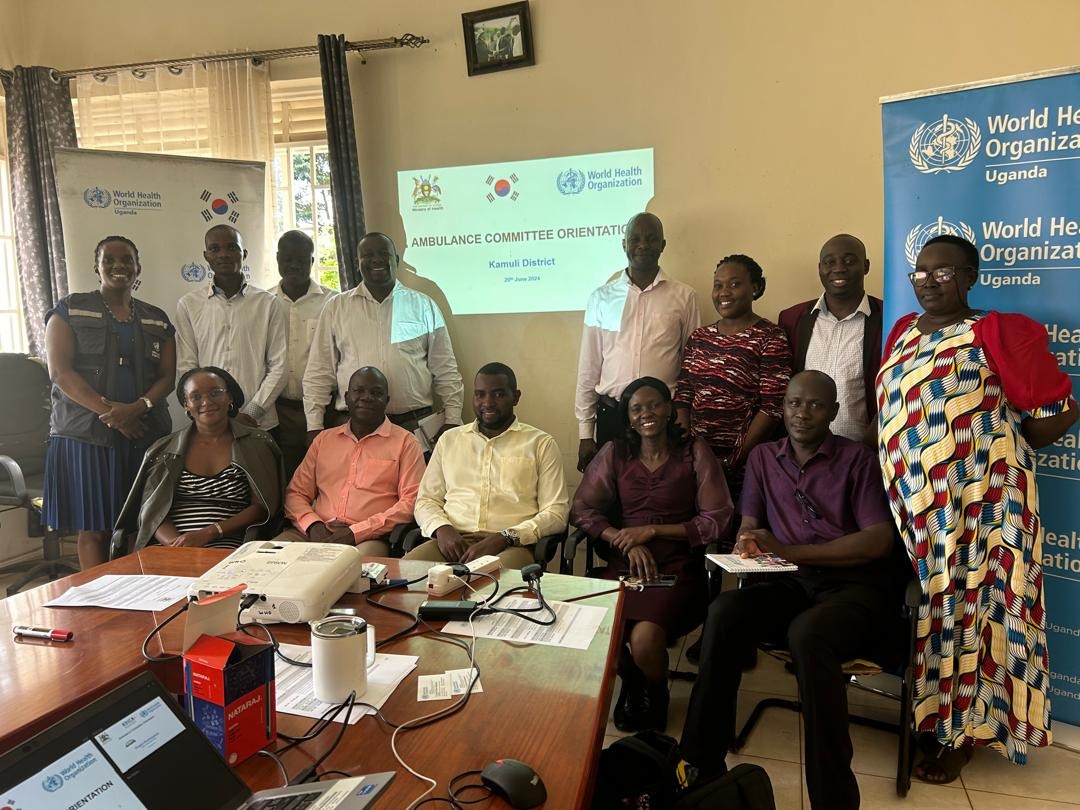Teenage pregnancy represents a significant challenge for teenagers, their families, and the wider community. While some teenagers may choose to become pregnant, many others do so unintentionally, often without adequate knowledge or preparation for the responsibility that parenting brings.
The Importance of Education in Preventing Teenage Pregnancy
Education is an essential tool in preventing teenage pregnancy. By educating teenagers about sexual health and contraception, we can empower them to make informed decisions about their reproductive health. Comprehensive sex education offers a holistic approach to sexual health education that covers a wide range of topics, including abstinence education, contraceptive options, and the prevention of sexually transmitted infections and diseases. It also teaches teenagers about the risks of teenage pregnancy and the impact that it can have on their lives.
The Role of Schools in Preventing Teenage Pregnancy
Schools play a vital role in preventing teenage pregnancy by providing education, resources, and support to teenagers. Schools can offer comprehensive sex education courses, which have been shown to be effective in reducing teenage pregnancy rates. Abstinence education is also a useful tool that can help teenagers delay sexual activity until they are ready to make responsible decisions about their reproductive health.
While schools are critical in preventing teenage pregnancy, it’s important to remember that parents also have a responsibility to educate their children about sexual health. By fostering an open and honest dialogue with their children about sex, relationships, and contraception, parents can provide valuable support to their teenagers.
The Role of Parent in Preventing Teenage Pregnancy
Parents are the number one most influential figure for most children. However, many parents lack the knowledge to guide their children through this phase. Parents need to equip themselves with the appropriate parenting skills:
- Be an approachable parent, ensure your child is comfortable talking to you, be it to express feelings, share opinions or just ask questions.
- Establish rules (i.e. dating rules), curfews, and standards of expected behavior, preferably through an open process of family discussion and respectful communication.
- Explain the values, be it cultural or religious, that you have towards teenage pregnancy. It’s important to give your teen freedom, but similarly important is to ensure they know not to overstep their boundaries.
- Strive for a relationship with your teen that is affectionate, firm in discipline, and rich in communication and one that emphasizes mutual trust and respect.
- Help them plan for the future. The chances that your son or daughter will go on with sex, pregnancy, and parenthood are significantly reduced if they have a professional ambition they’d wish to pursue.
Although the main focus is on preventing teenage pregnancies, where they do occur, parent’s support is still crucial. Unmarried teenage mothers should not be made to feel isolated nor should they be shunned from the society, more so from one’s own family. The well-being of the mother and her innocent child should be the foremost priority.
You and your teenager can reach out to counsellors, community leaders, religious counsellors, NGOs, welfare agencies, government bodies, or even other family members that you think might be able to help
Community-Based Pregnancy Prevention Programs
Community-based pregnancy prevention programs can also play a valuable role in reducing teenage pregnancy rates. These programs offer outreach, education, and support services to teenagers who may not have access to the information and resources they need to make informed decisions about their reproductive health. By working with schools, healthcare providers, and community organizations, community-based pregnancy prevention programs can help teenagers overcome barriers to accessing healthcare and information.
Sexual Health Services for Teenagers
In addition to education and community programs, healthcare providers can also play a vital role in preventing teenage pregnancy. By offering sexual health services specifically designed for teenagers, healthcare providers can provide information and resources that are tailored to their unique needs. These services can include birth control options, STI testing, and counseling. Ensuring that teenagers have access to high-quality sexual health services is essential in preventing teenage pregnancy.
Challenges of Teenage Pregnancy Prevention
Preventing teenage pregnancy can be challenging. Cultural and societal norms may make it difficult for teenagers to access information and resources related to sexual health. Additionally, some teenagers may face barriers such as financial or geographic obstacles to accessing healthcare services. These challenges highlight the need for a comprehensive approach to teenage pregnancy prevention that involves education, community programs, and healthcare providers working together to overcome barriers.
The Impact of Teenage Pregnancy on Education
Teenage pregnancy can have a significant impact on a teenager’s education. Many teenage mothers experience academic difficulties, including increased absenteeism and a greater likelihood of dropping out of school. Teenage mothers may also face financial challenges and may struggle to find employment that allows them to support themselves and their children. By preventing teenage pregnancy, we can help teenagers achieve their academic and career goals and provide a better future for themselves and their families.
Strategies for Reducing Teenage Pregnancy
To effectively reduce teenage pregnancy rates, we need a comprehensive approach that involves education, community programs, and healthcare providers working together. Some of the strategies that have been shown to be effective include:
- Providing comprehensive sex education courses in schools
- Offering abstinence education that encourages teenagers to delay sexual activity
- Offering community-based pregnancy prevention programs that provide outreach and support services to teenagers
- Ensuring that teenagers have access to high-quality sexual health services and information
BY EDWARD BALIDAWA
Assistant Resident District Commissioner Kamuli District.
edwardbalidawa18@gmail.com
+256771834026/+256702301527
Do you have a story in your community or an opinion to share with us: Email us at editorial@watchdoguganda.com

